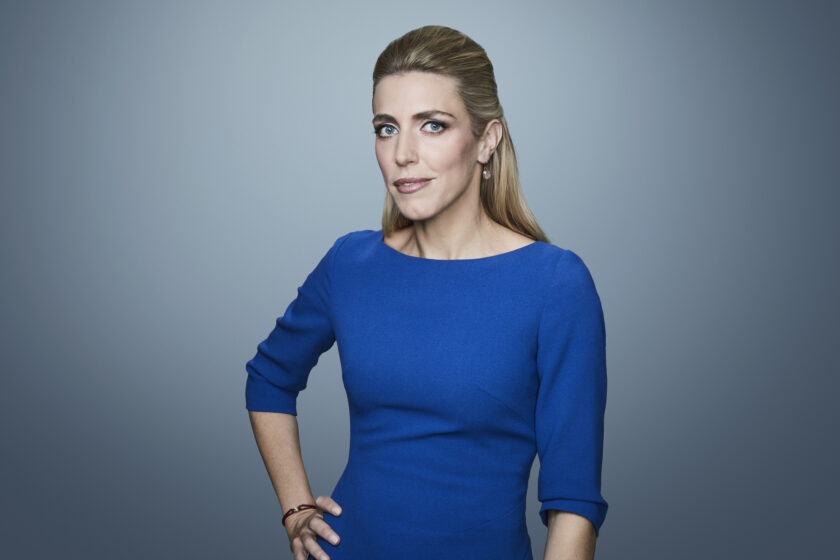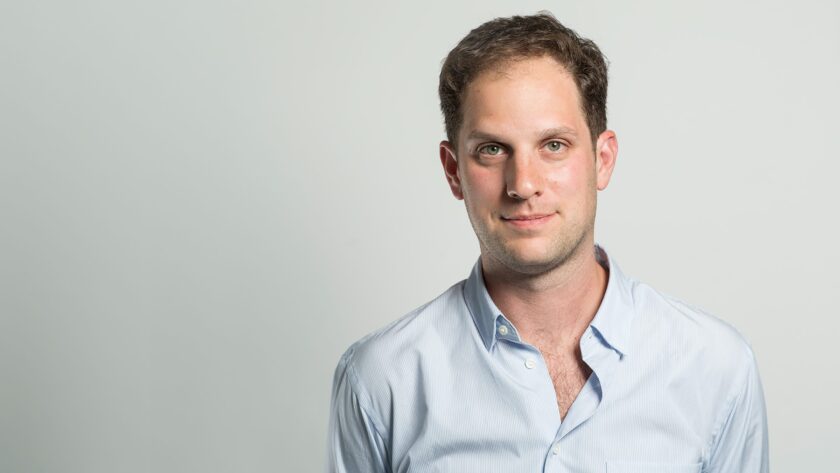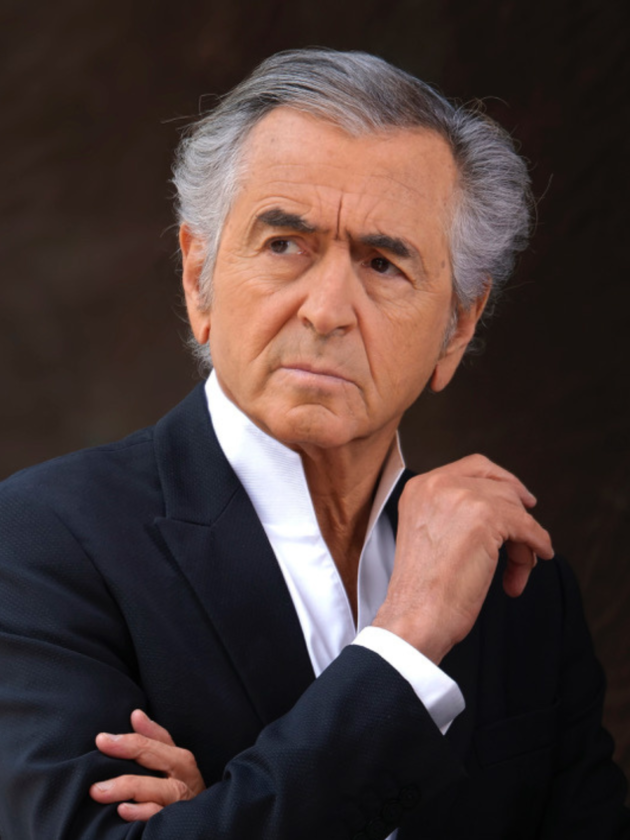Standing on the Side of Truth
Veteran Middle East Journalist Khaled Abu Toameh Receives the Daniel Pearl Award for Courage in Journalism
It’s safe to say that Khaled Abu Toameh, an Israeli-Arab journalist and documentary filmmaker, has had a career unlike anyone in the room at tonight’s Southern California Journalism Awards. While many journalists have garnered enemies for their hard-hitting reporting, few have had to live and work amid the unpredictable atmosphere of a heated Middle East.
That work has earned Toameh the Daniel Pearl Award for Courage and Integrity in Journalism from the Los Angeles Press Club. The award is named for the Wall Street Journal reporter who was kidnapped and then executed by Islamic radicals in Pakistan in 2002.
Currently a senior reporter for The Jerusalem Report, Toameh has produced documentaries on Palestine for the BBC and Australian and European television. He is known in part for his hard-hitting coverage unveiling Yassar Arafat’s connection to payments made to the armed wing of Fatah and financial corruption within the Palestinian Authority.
Toameh, who lives in Jerusalem with his wife and children, is also the longtime Palestinian affairs producer for NBC News and the West Bank and Gaza correspondent for the Jerusalem Post and U.S. News and World Report. Additionally, he writes for the Gatestone Institute, a non-profit international policy council and think tank in New York, where he is a senior adviser.
An outspoken and controversial figure in the Mid- dle East, Toameh recently told Hadassah Magazine that the situation for journalists covering the West Bank and Gaza, “has become much more challenging and dangerous. The [Palestinian Authority] expects you to serve as an official spokesperson and avoid criticism of its leaders.”
Yet, at the same time, he says his unusual role covering the conflict there as an Arab Muslim living in Israel and representing the Israeli press opens him to “more threats from pro-Palestine students and academics in the U.S. than … from local Palestinians.”
Toameh has felt many repercussions from his reporting. Last year, Facebook removed his profile in reaction to complaints about posts in which he issued strong criticisms of the Palestinian Authority and Jordan. A backlash forced Facebook to restore his page.
In an op-ed following the incident, Toameh noted that, “During the past year alone, a number of Pales- tinian journalists and bloggers were arrested by Western-funded Palestinian Authority security services in the West Bank for criticizing the P.A. leadership on their Facebook pages.
It is the duty of Facebook and Western societies to side with those seeking freedom and not to be complicit in suppressing their voices.”
Although attacked by critics as siding with Israel, Toameh insisted in his recent interview with Hadassah Magazine that he was operating impartially.
“I am only reporting what many Arab journalists want to report,” he said. “If I resided in Ramallah, I would not be reporting many things. There are P.A. journalists who post critical things on Facebook and risk prison. Those who ask the wrong questions at press conferences are sometimes detained or even tortured.”
Judea Pearl, the father of Daniel Pearl, and a noted artificial intelligence theorist and computer scientist, credited Toameh with revealing stories and situations many would otherwise never hear about.
“Khaled Abu Toameh has been telling us, with courage and objectivity, what life is like in the West Bank and Gaza,” Pearl said. “Rarely has a reporter been so successful in penetrating a conflict so complex and remaining consistently and definitively on the side of truth.”



